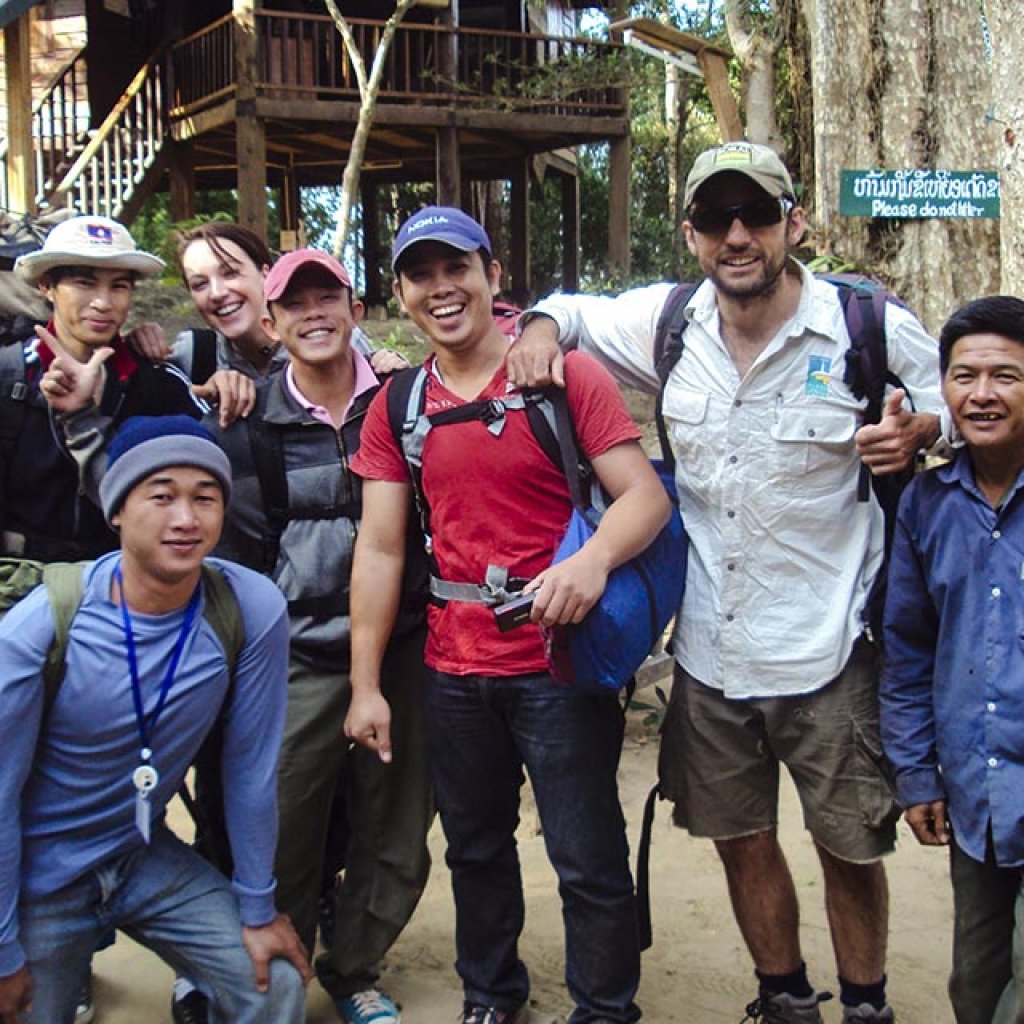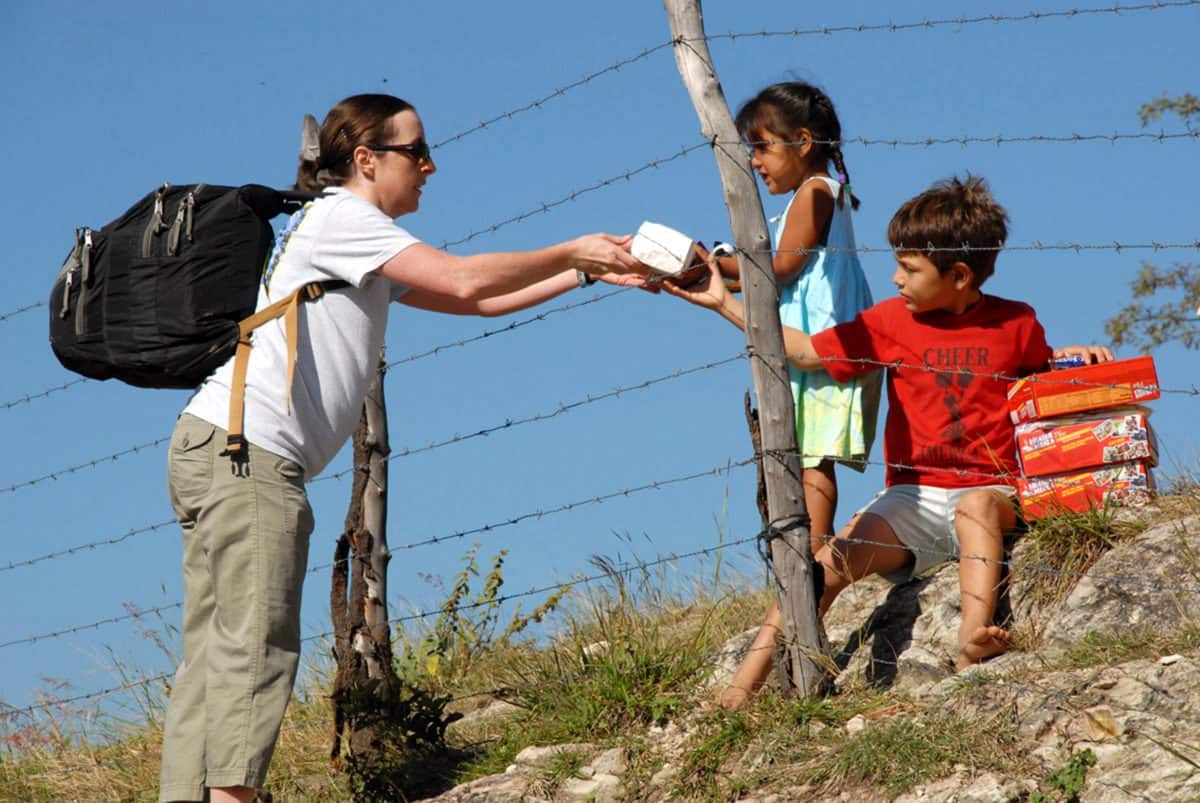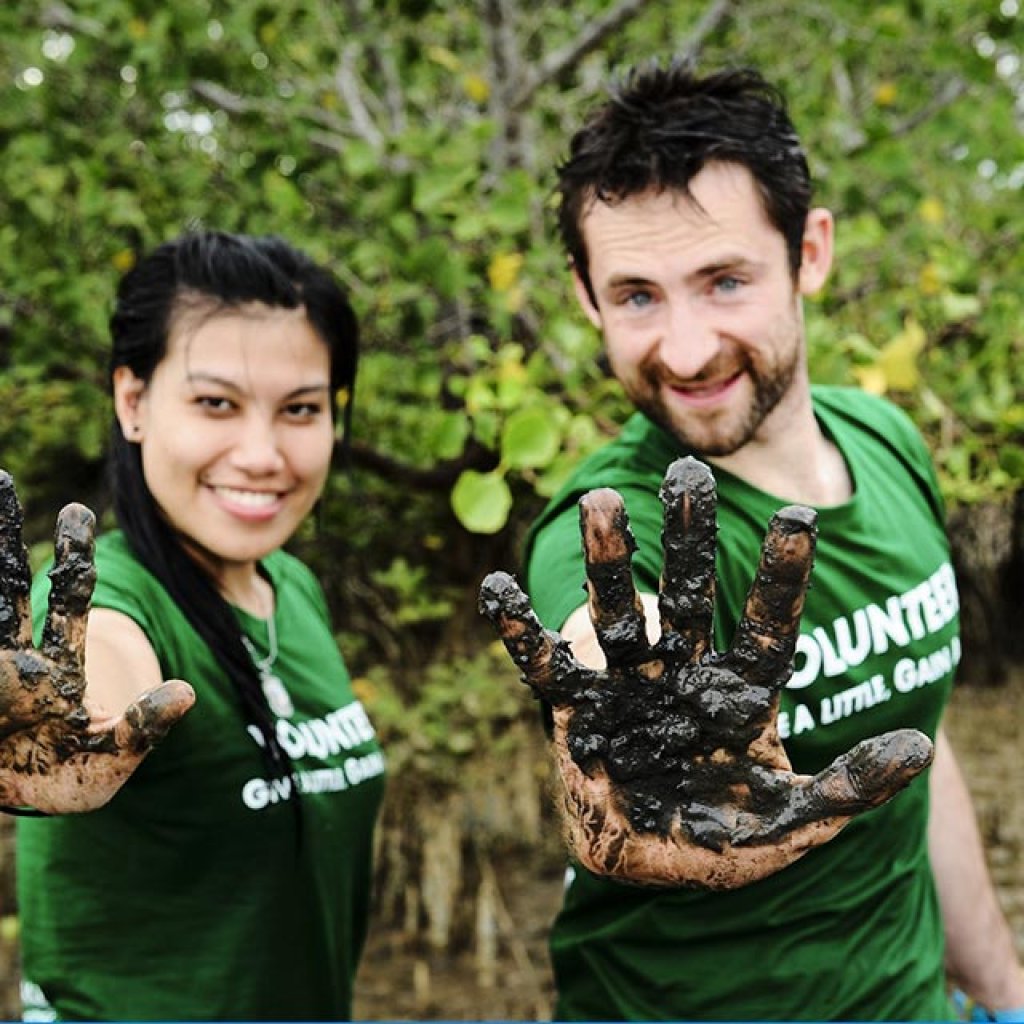Diving Deep: The Transformative Power of Eco-tourism Volunteering
The allure of travel has evolved beyond mere sightseeing. Today, a growing number of individuals seek experiences that resonate with their values, prioritizing sustainable practices and contributing positively to the planet. This desire has fueled the rise of eco-tourism volunteering, a powerful blend of adventure, cultural immersion, and meaningful conservation efforts. Embarking on such a journey offers a unique opportunity to witness the beauty of the natural world while actively participating in its preservation.
Eco-tourism volunteering goes beyond typical tourist activities. It involves participating in projects that directly benefit local communities and ecosystems. These projects can range from wildlife conservation and habitat restoration to community development and environmental education. Unlike traditional volunteering, eco-tourism integrates travel with hands-on involvement, allowing participants to experience diverse cultures while making a tangible impact.

The benefits of eco-tourism volunteering are multifaceted, impacting both the individual and the environment.
Personal Growth and Transformation
Expanding Horizons: Stepping outside familiar surroundings fosters personal growth, challenging preconceived notions and broadening perspectives. Participants gain a deeper understanding of global issues and develop a stronger sense of empathy.
Environmental Impact
Habitat Restoration: Many projects focus on restoring degraded habitats, such as planting trees, removing invasive species, and cleaning up polluted areas.

The world is brimming with opportunities for eco-tourism volunteering. Here are a few examples:
Wildlife Conservation in Costa Rica
Costa Rica, renowned for its biodiversity, offers numerous opportunities to volunteer in wildlife conservation projects. Participants can assist with sea turtle conservation, monitor rainforest ecosystems, or work with rescued animals.
Marine Conservation in the Maldives
The Maldives, a paradise for marine life, faces challenges from climate change and pollution. Volunteers can participate in coral reef restoration, marine debris cleanup, and whale shark research.
Community Development in Nepal

Nepal, with its rich cultural heritage and stunning landscapes, offers opportunities to volunteer in community development projects. Volunteers can assist with building schools, improving sanitation, and promoting sustainable agriculture.
Rainforest Conservation in the Amazon
The Amazon, the world’s largest rainforest, faces deforestation and degradation. Volunteers can assist with reforestation efforts, monitor wildlife populations, and support indigenous communities.
Selecting the right eco-tourism volunteering program is crucial for a fulfilling and impactful experience. Consider the following factors:
Program Focus and Objectives
Ensure the program aligns with your interests and values. Research the organization’s mission and goals to ensure they are committed to sustainable practices.
Ethical Considerations
Choose programs that prioritize the well-being of local communities and the environment. Avoid programs that exploit animals or contribute to unsustainable practices.
Program Duration and Cost
Consider the duration of the program and whether it fits your schedule. Compare program costs and ensure they are transparent and reasonable.
Safety and Support
Choose programs that provide adequate safety measures and support for volunteers. Ensure the organization has experience in the region and provides pre-departure information and on-site assistance.
Proper preparation is essential for a successful and enjoyable experience.
Research and Planning
Thoroughly research the program and destination. Learn about the local culture, customs, and environmental challenges.
Packing Essentials
Pack light and bring only essential items. Choose eco-friendly products and avoid single-use plastics.
Cultural Sensitivity
Respect local customs and traditions. Learn a few basic phrases in the local language.
Environmental Responsibility
Minimize your environmental impact by reducing waste, conserving water, and using eco-friendly transportation.
Eco-tourism volunteering is more than just a travel experience; it’s a transformative journey that fosters personal growth, environmental awareness, and cultural understanding. By actively participating in conservation efforts, volunteers contribute to a more sustainable future for the planet. The impact extends beyond the duration of the program, inspiring individuals to become advocates for environmental protection and responsible tourism.
The ripple effect of these experiences can be seen in the choices volunteers make upon returning home, from adopting sustainable practices to supporting conservation initiatives. Eco-tourism volunteering offers a powerful reminder that individual actions, when combined with collective effort, can make a significant difference in safeguarding the planet’s precious resources.


